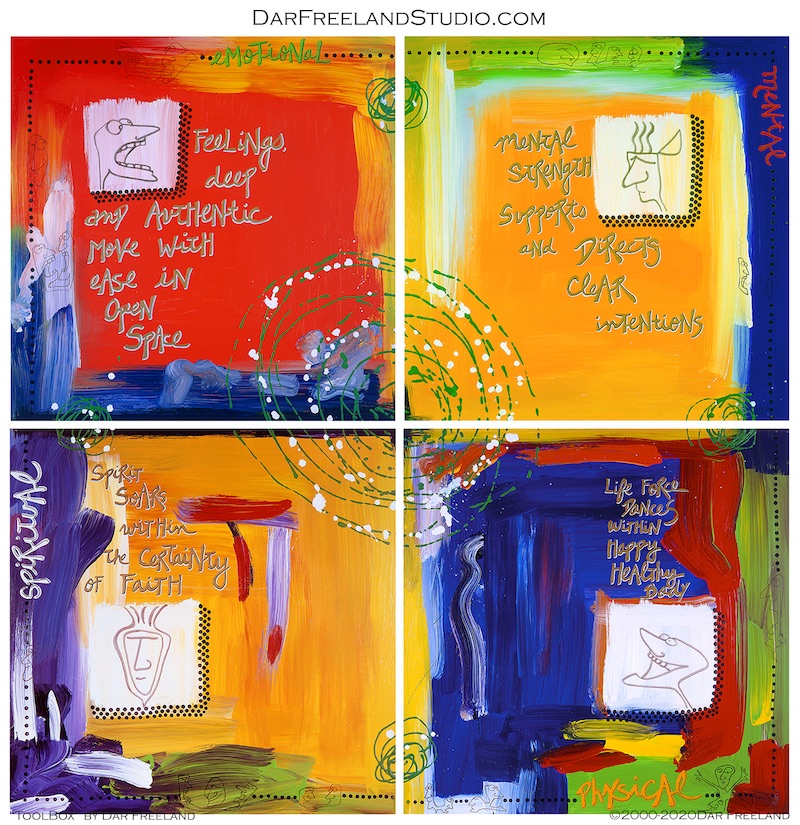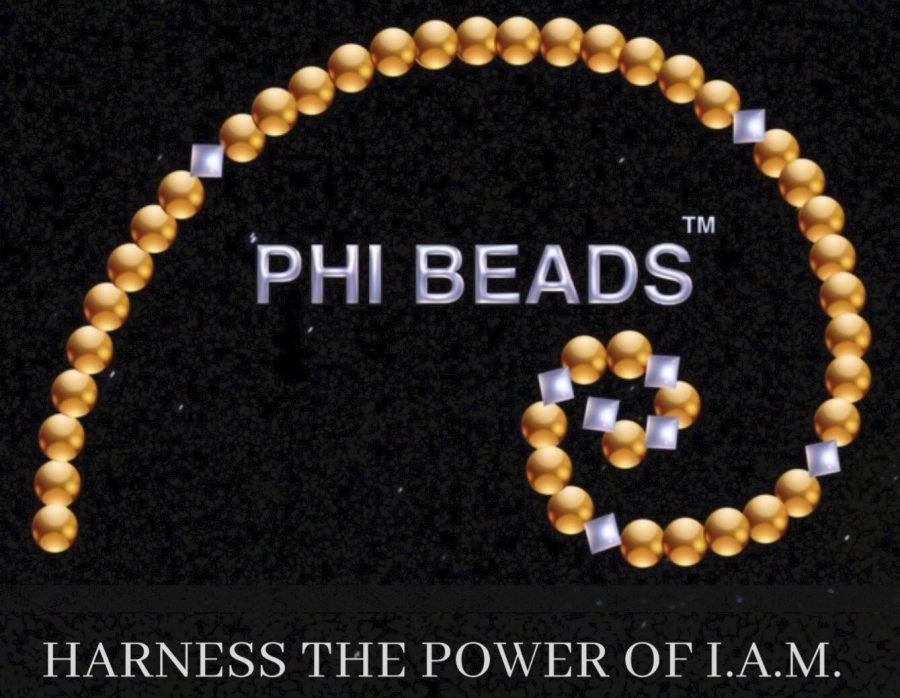“He just doesn’t get it.” “They just don’t get it.” “She just doesn’t get it.” “Why doesn’t he get it?” “How hard is it to get it?”
I have a client who came to me with issues and every other sentence out of his mouth was one of the above.
The “problem” was that my client is brilliant, too brilliant for his own good at the moment, and for the most part, he was right, people just didn’t get what was so obvious to him.
This “problem” was obvious to me, but what was not as obvious was WHY was this a problem?
The more I got to know my client and the more we worked together, the more I started to see how desperate he was for people to see just how brilliant he was. I began to question my client about his childhood, most specifically his relationship with his parents, siblings and friends growing up.
He dismissed my questioning “arrogantly,” because he said it was “obvious” that his parents couldn’t understand him as a child, didn’t know what to make of him, and that he was smarter than his siblings and all of his friends. I intuitively knew that to be true, but that wasn’t where I was going with all of this. Yes, it was obvious to me too, but what became obvious was that my client was trying to show me how “much more brilliant” he was than me, that he knew where I was going and that I was not on the “right” path.
Sensing he needed me to tell him he was “right,” I looked for a way to agree with him so that he wouldn’t have to subconsciously look for my approval. And though, that is not where I was going with my questioning, had I been going there, he would have been right.
So, I said, “you’re right, the fact that you were more brilliant than your parents is not the ‘problem.’ I looked for other ways that I could honestly agree with him and reinforce how brilliant he was and during the next couple sessions, he “allowed” be to agree with him and validate him.
As we worked, I was gaining my client’s respect, which is interesting because consciously he had chosen me to work with him, but subconsciously, he was fighting me like he was the whole world and “didn’t get it.” The more respect I gained, the more I started to delve into how he felt about things. More importantly, I went back to his parents and siblings.
It is true, him being more brilliant than them, was not a problem, how he FELT about him being more brilliant than them WAS the “problem.” How did he feel? He felt that “they didn’t get him.”
“They just don’t get it,” became one of the leitmotif of his life and he either sought any chance for this theme/situation to reoccur in his life, or the Universe or his Higher Self, was attracting this situation over and over again until he could “get it.”
But what was it he was supposed to get and what was he supposed to do with IT once he got it. Aha! There’s the rub, he was supposed to “get it,” so he could “give it!”
During our life coaching session yesterday, my client brought into the conversation a new person, a new situation and yet another person that, “didn’t get it.” I felt like I had gained enough of my clients trust and respect that I could lay it out for him in a way that he could not only understand, but “get!”
One of the main reasons his life, according to him, “wasn’t working,” was because he kept running into people who just “didn’t get it.” I told him yesterday that HE was not “getting it,” and that was one of the reasons why he was attracting people and situations in his life that weren’t “getting it,” in fact, every person and situation in his life. He kept looking for validation that HE got things that others didn’t get. In every situation he mentioned to me, he was right, there was no question, the people and situations he mentioned were not getting it, and his answer to their problems was correct, but they weren’t getting it.
Ironically, he wasn’t “giving it to them.” Instead of helping them with their “not getting-ness,” he would just throw his hands up, literally, and or figuratively and say, “They just don’t get it.”
But the most beautiful thing about this whole story is that, the answer to the problem was the problem itself. My client so much wanted so much to help people in so many ways. In fact, as part of my client’s professional life, he does work that wouldn’t ordinarily be considered “helping people,” but some how he finds a way, to go out of his way and his job description to help people in some amazing ways. Only, for the most part, this frustrates him in the end, because people don’t get why he’s doing it and he gets yet another example of how people, “don’t get it.”
Without mincing words yesterday, I told my client that he could continue needing people to see his brilliance, or he could accept his brilliance for himself, and get to the task at hand, his life’s purpose. All his life he had example after example of how people didn’t get him, that he was more brilliant than everyone else, and though he was, that brilliance unfortunately wasn’t serving anyone, not even him, because he couldn’t own it. In a way, his ego owned it and used it to make himself feel better, but that no longer worked to make him feel better. He wanted so much to help people but his need for approval was keeping him and everyone else from taking advantage of his own brilliance.
Yesterday, I made it clear that he so wanted to help all these people “get it,” and they would, once HE got it. And his life purpose was so much about helping people get it. Instead of stopping half way to giving people the help they needed and letting his ego take over, leaving people in need of him and seeking him out, which was where he unconsciously wanted them, to serve his ego’s needs, he could actually finish the job.
But before accepting his brilliance, if he would “finish the job,” and actually help people all the way, then they wouldn’t “need” him anymore and he wouldn’t feel important, or needed, or brilliant, so he would sabotage his true desire to help people for the sake of his ego.
I could tell that my client could feel this conversation deep down to his soul. He was in tears as he was taking in the truth that he was so wanting me to share and at the same time, wanting me to stop. In the end, his true self, his true purpose won out over his ego and his desire to help people and his love for the people in his life won out. I could tell that something in him shifted and that he got that his “problem” was that he didn’t see his “problem” as the answer, but as a “problem.” When he connected and saw that his “problem” was the “answer,” he had the solution.
I wonder how many of us complain about the problems around us but don’t realize how the problems are our answers and until we consider that possibility, we are loosing out on the solution to our “problems?”




 Join Us As We Explore and Embrace the Only Constant, LIFE CHANGES!!!
Join Us As We Explore and Embrace the Only Constant, LIFE CHANGES!!!












